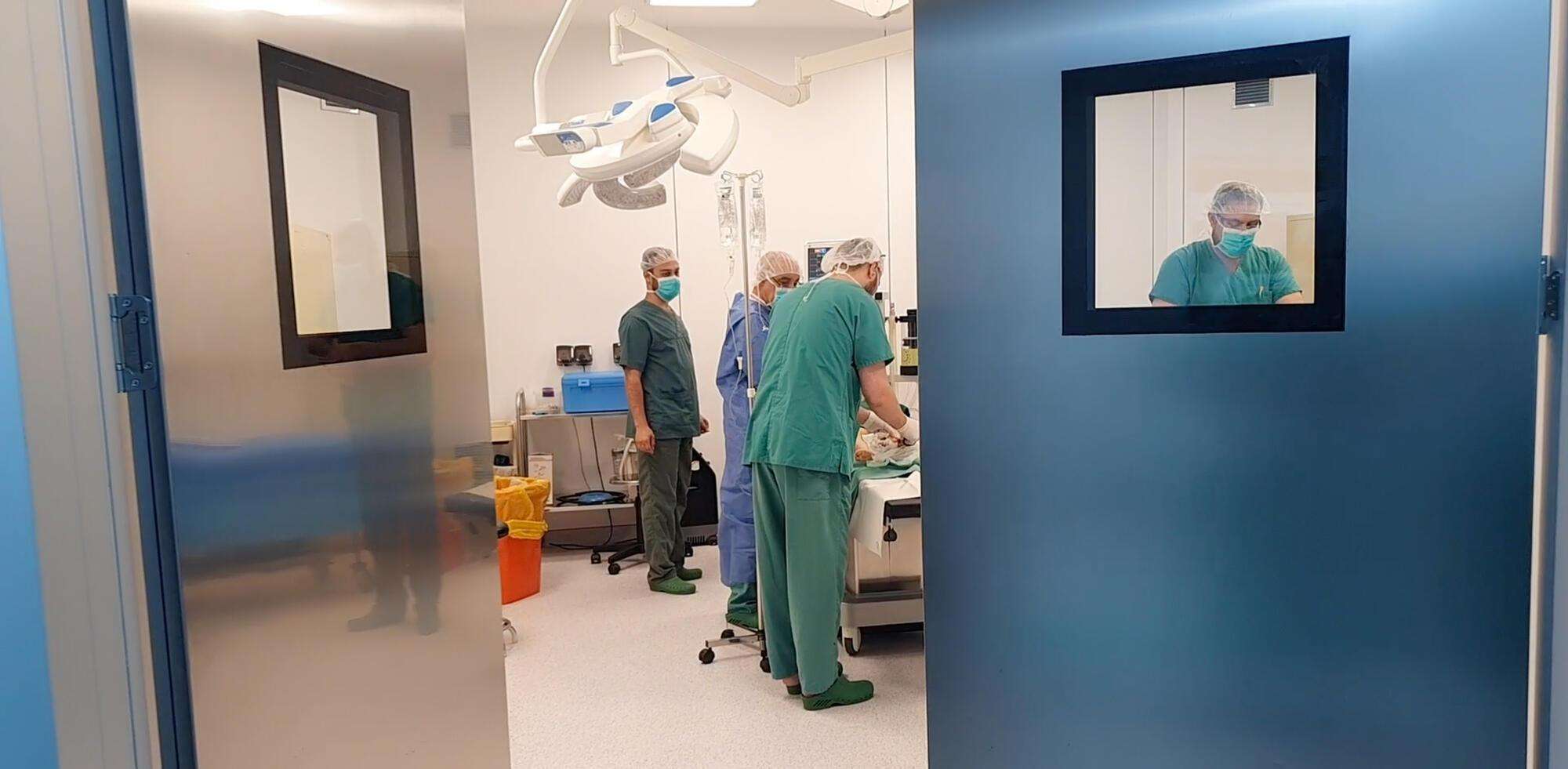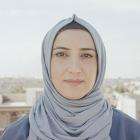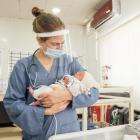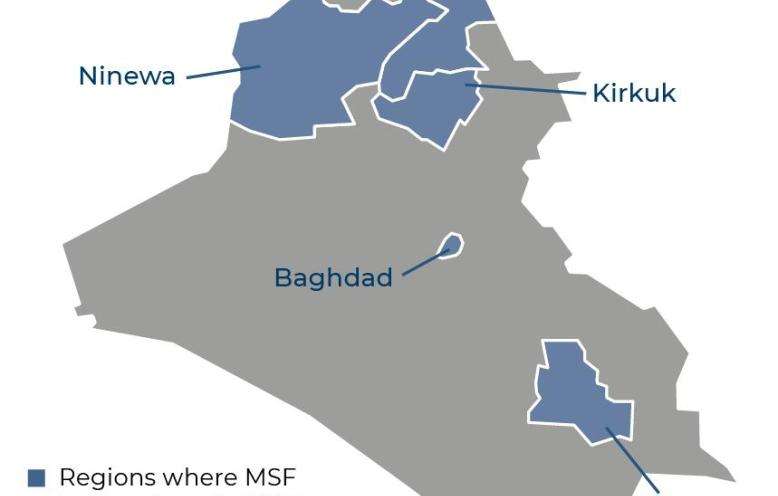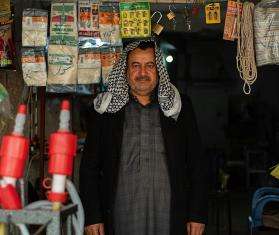Patients requiring advanced surgical care were referred to MSF’s reconstructive surgery program in Amman, Jordan, which has been conducting orthopedic, plastic, and maxillofacial surgery for patients from Iraq and other countries in the Middle East since 2006.
In Baghdad, we continue to collaborate with the National Tuberculosis Institute, working on switching drug-resistant TB patients from injections to newer, more effective oral drugs.
Our teams also assist the Iraqi health authorities with its response to COVID-19. We provide intensive care treatment, patient isolation (for mild and moderate cases), and health promotion campaigns to encourage vaccination. In all our regular activities, we implemented strict infection prevention and control measures to protect patients and staff from catching or spreading COVID-19.
